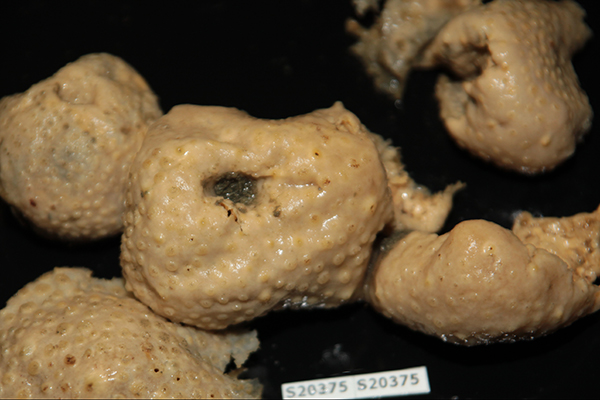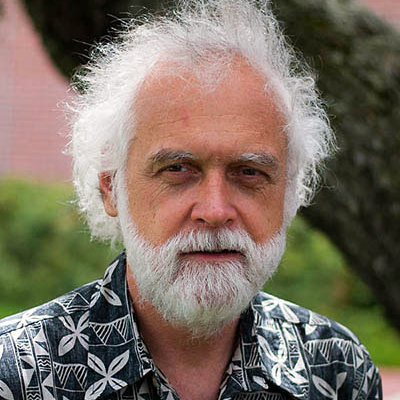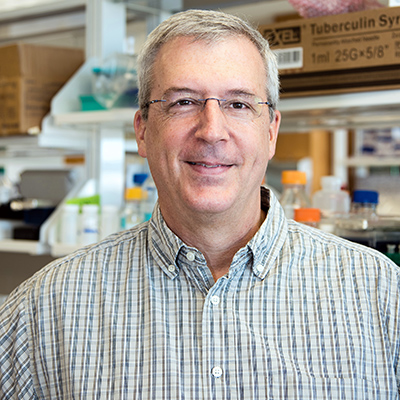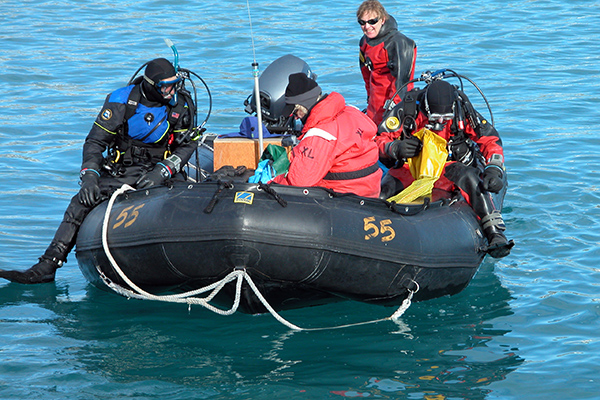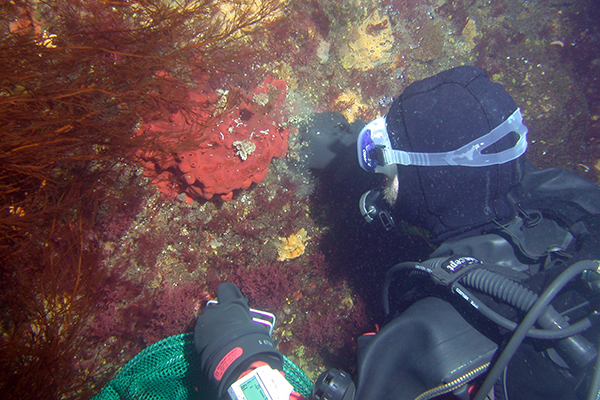USF researchers discover bioactive compound that shows promise against elusive liver-stage malaria parasites
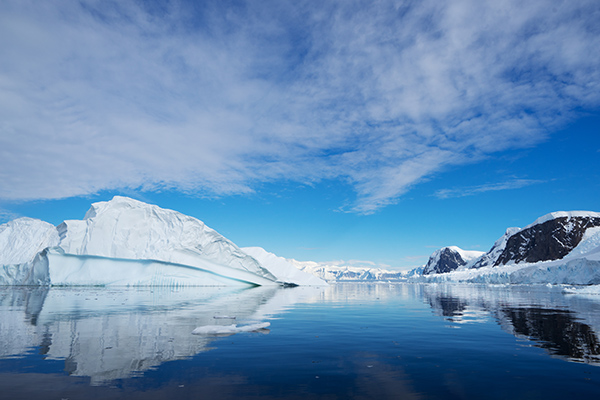
The waters around Antarctica offer a great unexplored, chemically diverse collection of bioactive compounds that may provide treatments for a variety of diseases, including malaria.
The frigid waters of the Antarctic may yield a treatment for a deadly tropical disease that affects populations in some of the hottest places on earth. Current medications for that scourge — malaria — are becoming less effective as drug resistance spreads.
But a peptide isolated from an Antarctic sponge by University of South Florida researchers shows promise as a lead for new therapies. The findings were reported Aug. 12 in the American Chemical Society’s Journal of Natural Products.
The parasite responsible for malaria is transmitted to people through mosquito bites, and it spends some of its lifecycle first in the liver, where it reproduces, and then in the blood. Conventional treatments based on artemisinin and its derivatives hold the parasite in check when it is in patients’ blood, but the parasites are increasingly becoming resistant to these medications.
One solution is to attack the organism at an earlier stage in its lifecycle, when there are fewer parasites, and resistance might not have developed yet — namely, when it’s in the liver. In their search for a suitable pharmaceutical weapon, the USF investigators turned to sponges, which rely on an array of chemical defenses to fight off predators.
Bill Baker, PhD, a USF professor of chemistry and senior author of the research paper, worked with drug discovery colleagues at the USF College of Public Health’s Center for Global Health and Infectious Diseases Research, co-directed by Distinguished USF Health Professor John Adams, PhD. Dr. Baker, an expert in marine chemistry, collects deep-sea specimens like tunicates, sponges and corals that can be screened for unique bioactive compounds and tested as potential drug candidates against various diseases, including malaria. Dr. Adams and his group recently developed a transformative bioassay to assess the sensitivity of liver-stage malaria parasites to drugs.
The team screened a collection of natural products extracted from a Southern Ocean sponge in Antarctica known as Inflatella coelosphaeroides. One compound, which they dubbed friomaramide (meaning “cold water amide”) blocked infection and development of the malaria parasite Plasmodium falciparum in liver cells in a culture dish as effectively as primaquine, one of the few existing liver-stage treatments. Friomaramide is also nontoxic to the liver cells themselves.
The researchers determined that the compound is a linear peptide with a distinctive structure, which they say makes it a promising framework for producing new leads for malaria treatment.
“Friomaramide has an unusual display of structural features that both distinguish it from other molecules, but also renders it a better, more stable drug-like molecule,” Dr. Baker said. “We screened 43 natural products from our library to identify this one.”
The marine sponges from which friomaramide was isolated represent a unique ecological niche not found in the tropical climates where malaria thrives, and, the researchers say, the microbial communities associated with these sponges are distinctly biodiverse as well.
“They offer a great unexplored, chemically diverse collection of bioactive compounds that malaria parasites and other microbial pathogens are unlikely to have been exposed to previously – and, therefore, are less likely to have evolved resistance mechanisms against,” Dr. Adams said.
Some 219 million cases of malaria were reported worldwide in 2017, according to the World Health Organization, and 435,000 people died from the disease in that year. Symptoms begin with fever and chills, which can be followed by severe anemia, respiratory distress and organ failure.
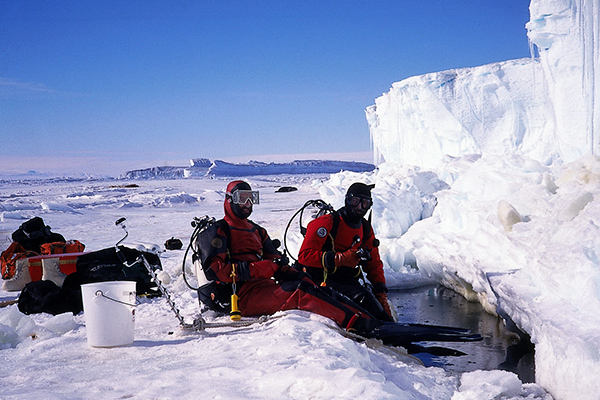
USF’s Dr. Baker and University of Alabama co-principal investigator Charles Amsler near an iceberg in Antarctic coastal waters (McMurdo Sound).
-Antarctica photos courtesy of Bill Baker, PhD.
